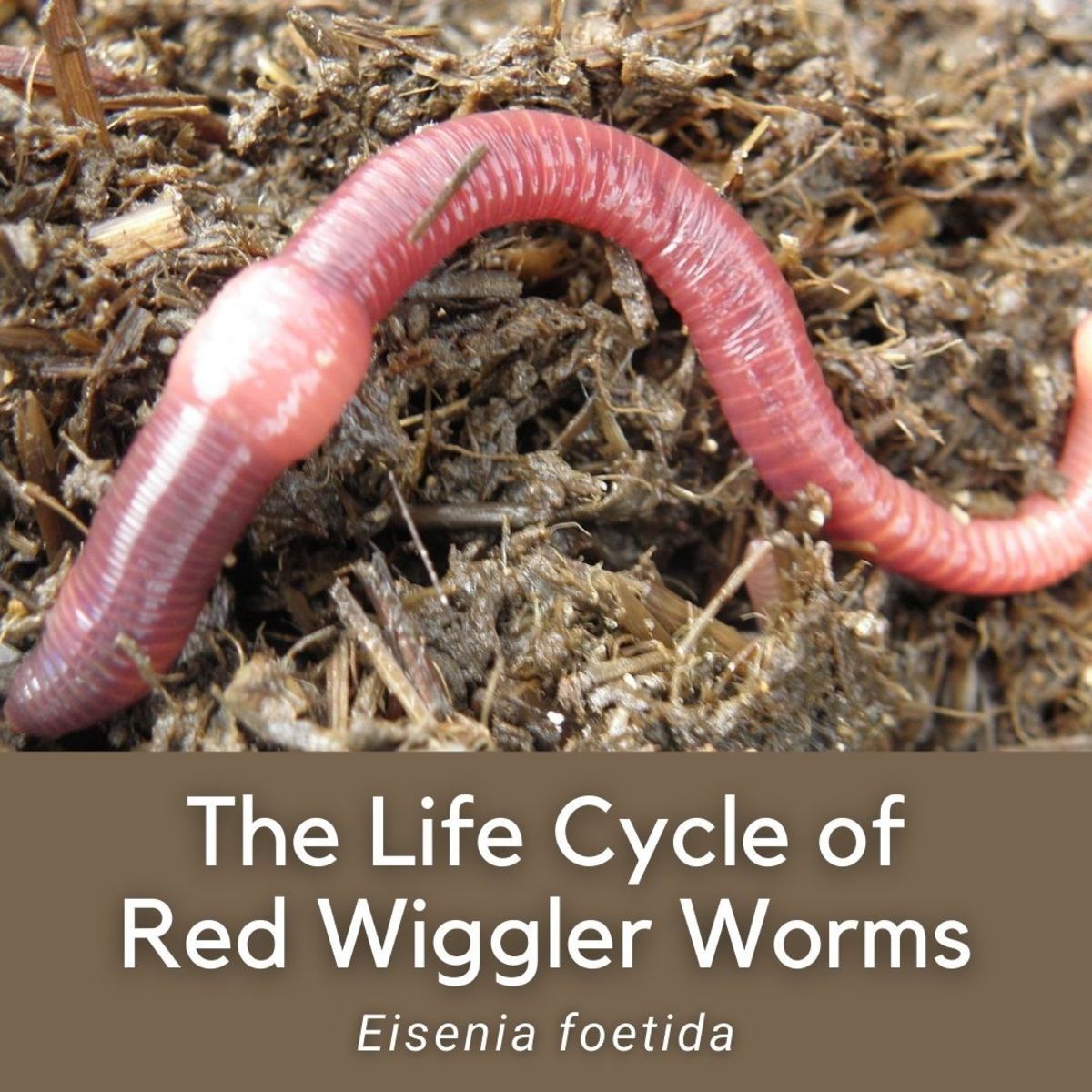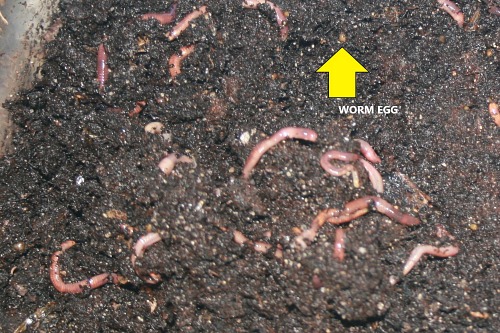Red Wiggler Worms - Necessary for Healthy and Efficient Gardens
Red Wiggler Worms - Necessary for Healthy and Efficient Gardens
Blog Article
Red Wiggler Worms Demystified: Unlocking the Secrets of Vermiculture for Greener Living and Nutrient-Rich Dirt
In the realm of lasting practices for enhancing soil quality and promoting eco-conscious living, red wiggler worms play a critical yet commonly overlooked role. Red Wiggler Worms. Comprehending the ins and outs of caring for these worms, optimizing their setting, and utilizing their spreadings can lead to a greener way of living and much healthier soil for plants to thrive.
The Duty of Red Wiggler Worms
Red Wiggler worms play a crucial duty in composting systems by efficiently breaking down organic issue into nutrient-rich castings. These voracious eaters take in a range of organic materials, such as kitchen area scraps, lawn waste, and paper items. As they feed, the worms' digestion processes break down the natural matter into a penalty, dark, and nutrient-dense material called worm spreadings or vermicompost.
The castings generated by Red Wiggler worms are very beneficial for soil health and plant growth. They are abundant in important nutrients like nitrogen, phosphorus, and potassium, which are important for supporting healthy plant growth. Additionally, worm spreadings include beneficial microorganisms and enzymes that assist enhance soil framework, boost water retention, and improve nutrient uptake by plants.
Advantages of Vermicomposting

It enhances soil structure, improves soil oygenation, and increases soil wetness retention. Vermicompost also enriches the soil with necessary nutrients like phosphorus, potassium, and nitrogen, promoting plant growth and total soil fertility.
Additionally, vermicomposting supports sustainable gardening techniques by offering a all-natural and chemical-free option to synthetic plant foods. Red Wiggler Worms. This eco-friendly strategy not only enhances the dirt yet also helps in reducing dependence on damaging chemicals, promoting a greener and more sustainable means of gardening
Establishing Up a Worm Bin
When developing a worm bin for vermicomposting, correct setup is critical to guarantee the success of the composting procedure. The first step in setting up a worm container is selecting an ideal container.
After adding the bedding, introduce the red wiggler worms to the bin. It is advised to begin with a handful of worms and slowly enhance as they multiply. The worms ought to after that be offered with food scraps such as vegetables and fruit peels, coffee grounds, and eggshells. It is necessary to avoid adding meat, milk, oily, or salty foods to avoid attracting insects and producing undesirable odors.
On a regular basis check the wetness degrees and temperature level in the worm container to guarantee ideal problems for the worms. With proper arrangement and maintenance, the worm bin will efficiently transform organic waste into nutrient-rich compost for your plants and yard.
Harvesting Worm Castings
To successfully gather nutrient-rich worm castings from your vermicomposting system, a methodical harvesting technique is vital. There are a few vital actions to you could look here comply with to guarantee an effective process when it comes time to collect the worm spreadings. Stop including fresh food scraps to one side of the worm bin for a couple of weeks before gathering. This encourages the worms to migrate sideways with fresh bed linens and food, making it less complicated to dig the castings from the other side.

Troubleshooting Common Issues
Identifying and resolving usual difficulties that may emerge during the vermicomposting process is important for preserving a efficient and healthy worm bin. Including excess food scraps can lead to a buildup of dampness and acidity in the worm container, visit this site possibly hurting the worms. Another concern is undesirable odors emanating from the worm bin.
In addition, if the worm populace is declining or the worms appear undesirable, maybe due to ecological stressors such as extreme temperature levels or pH levels. Keeping an eye on these aspects and making necessary changes is necessary for the well-being of the worms. By repairing these typical concerns promptly, vermicomposters can ensure a effective and smooth vermicomposting process while preserving a growing worm populace.

Verdict
In final thought, red wiggler worms play an important role in vermiculture by breaking down natural issue into nutrient-rich dirt. Establishing up a worm container is essential for successful vermiculture, and harvesting worm spreadings offers beneficial garden compost for horticulture.
As they feed, the worms' digestive system processes damage down the natural issue into a fine, dark, and nutrient-dense product understood as worm castings or vermicompost.
The spreadings generated by Red Wiggler worms discover this are extremely useful for dirt wellness and plant development. Including excess food scraps can lead to a buildup of dampness and acidity in the worm container, potentially damaging the worms.Additionally, if the worm population is decreasing or the worms show up unhealthy, it can be due to ecological stressors such as severe temperature levels or pH levels. Setting up a worm container is crucial for successful vermiculture, and collecting worm spreadings supplies valuable compost for gardening.
Report this page